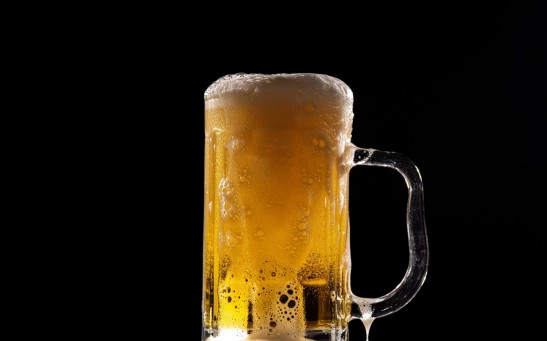beer

Global Warming Threatens the Bitter Taste of Beer: Declining Hop Production Spells Trouble for Brewers and Drinkers
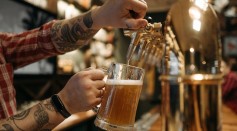
Beer From Recycled Water Shower Is Safe To Drink After Microfiltration, Ultraviolet Light Treatments
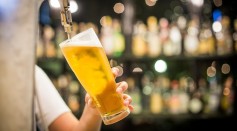
Will You Drink This Beer Made From Used Shower Water? Eco-Friendly Beverage Might Be the Answer to Increasing Water Crisis
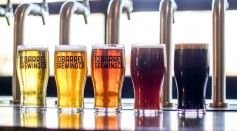
'BeerBots' Can Speed Up Fermentation, Cut Out Filter Processes To Produce Tasty Brew Faster
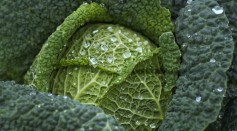
Human Waste Used in Fertilizing Crops, Curing Sausages, Brewing Beer; Here Are Other Bizarre Uses of Excrement
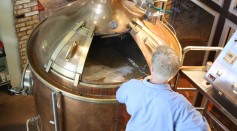
Beer Made From 400-Year-Old Yeast Specimen Tagged Oldest in Latin America
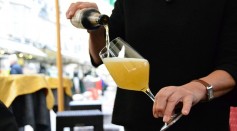
Alcohol Risks and Benefits: What Does Beer and Wine Do to the Body?
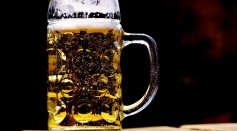
Non-Alcoholic Beer That Tastes Like the Real Deal Finally Discovered By Producing Molecules That Provide a Hoppy Flavor
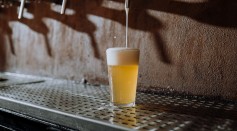
Sumerian Tubes First Thought as Scepters Confirmed as Ancient Straws for Drinking Beer
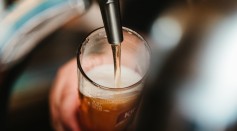
Beer Waste Plus Manure Makes Safer, Greener Pesticides

No Safe Levels: Even The Slightest Alcohol Consumption Harms the Brain, New Study Shows

Drunken Behavior Might Be Caused by Alcoholic Chemicals Breaking Down in the Brain

Too Much Alcohol Makes People Drunk, But Do You Know Why

A Pregnant Ichthyosaur, Martina, was Excavated by Paleontologists and a Craft Brewer
Most Popular

How Technology Is Changing the Real Estate Industry?

How a Plant-Based Diet Can Protect Against Breast Cancer: Insights from Nutrition Research

Study Reveals High Turnover in Scientific Research Careers: What This Means for Future Scientists

Why It's So Difficult to Lose Weight: The Biological Explanation Behind Obesity

